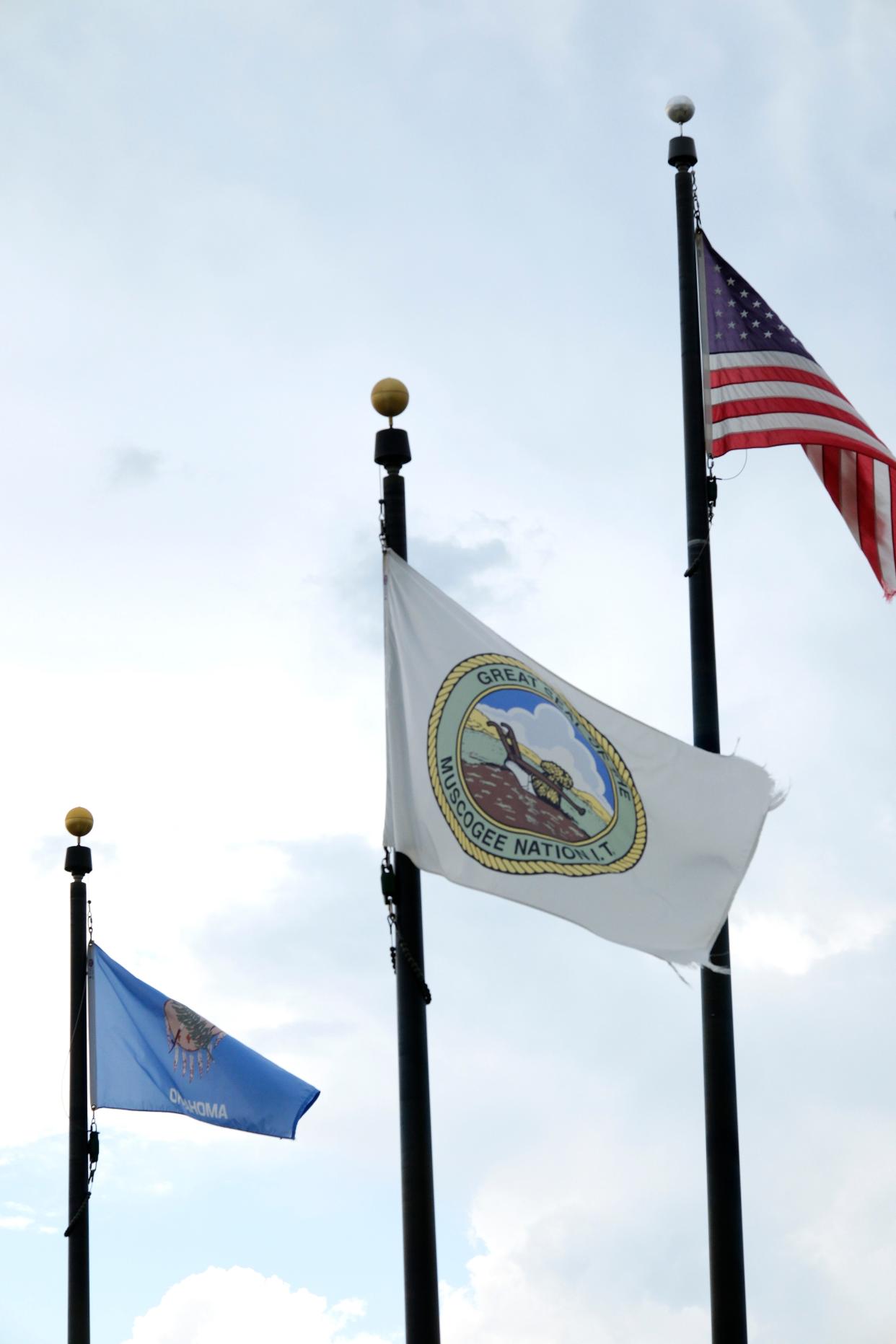Supreme Court denies Tulsa's request to halt ticket ruling

- Oops!Something went wrong.Please try again later.
- Oops!Something went wrong.Please try again later.
The U.S. Supreme Court has denied Tulsa’s request to halt a ruling that blocks its municipal court from prosecuting Native Americans ticketed for speeding.
City officials had wanted the decision to be put on ice until the nation’s highest court decided whether it would hear the case. But Justice Neil Gorsuch formally turned down the request Friday afternoon.
His order, which he handed down without further explanation, comes a little more than a week after he had agreed to a temporary delay to hear from both sides in the high-profile case.
The legal dispute has been under the spotlight since June, when the 10th Circuit Court of Appeals ruled against Tulsa.
Justin Hooper, a Choctaw Nation citizen, had challenged the city’s right to ticket and fine him for speeding, since much of Tulsa sits within tribal reservations. Only tribal and federal courts have the jurisdiction to prosecute Native Americans accused of crimes on reservations.
Hooper's attorney, John Dunn, had argued in court filings that the Supreme Court should deny Tulsa's request for a delay, because the city could not convincingly show that justices were likely to pick up the case and rule on its merits.
Gov. Kevin Stitt repeatedly has denounced the decision and advocated for it to be reviewed by the Supreme Court. He also has claimed, incorrectly, that the ruling means tribal citizens do not have to abide by speed limits in Tulsa.
Tribal citizens still can be stopped by Tulsa police for speeding; the tickets must be passed on to tribal courts to process.
More: The story behind Gov. Stitt's new 'One Oklahoma' video on tribal reservations
Tulsa police already have been passing along more serious charges to tribal courts. But the city was holding on to misdemeanor cases, such as driving infractions, that could be heard in municipal court. Tulsa officials contended an 1898 law granted the city jurisdiction. The federal appeals court rejected the argument.
Gorsuch has considered many cases with Oklahoma ties. He sat on the 10th Circuit before President Donald Trump nominated him to the Supreme Court in 2017.
He wrote the majority opinion in the court’s landmark 2020 ruling in McGirt v. Oklahoma. The decision has led to the recognition of eight tribal reservations in the state, including the Muscogee and Cherokee reservations surrounding Tulsa.
More: McGirt v. Oklahoma, 3 years later: How police work on the Muscogee Nation reservation
Chuck Hoskin Jr., principal chief of the Cherokee Nation, called for an end to “wasteful legal fights” in response to Gorsuch’s order.
“Once again, we hope elected leaders throughout Oklahoma will join with tribes in meeting our shared public safety goals,” Hoskin said in a written statement. “I’m calling for collaboration, cooperation and an end to the attacks on tribal sovereignty.”
Tulsa officials did not immediately weigh in on the decision. Dunn declined comment.
Justice Brett Kavanaugh added a brief statement to the order, saying the case raises important issues. He also questioned whether Tulsa’s municipal court continue to prosecute Native Americans until the case comes to a complete close.
The case could have far-reaching impacts. Several other eastern Oklahoma cities have followed Tulsa’s lead.
Read more:
Gov. Stitt challenges tribal compacts in court after override vote
Lawmakers agreed to extend tribal compacts for 1 more year. But will relations improve?
Drummond moves to oust governor from defending his tribal gaming compacts
Editor's note: This is a developing story and has been updated.
This article originally appeared on Oklahoman: Supreme Court denies Tulsa request to halt tribal reservation ruling

